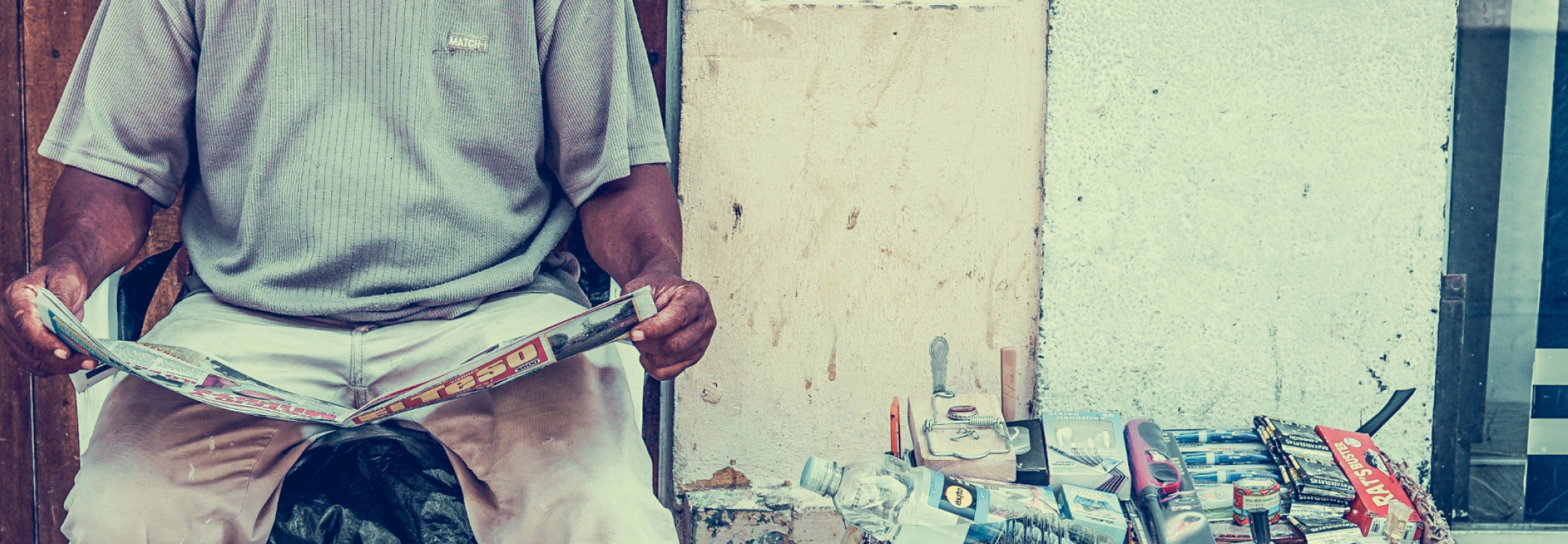In a new report presented to the UN Human Rights Council last week, the UN Special Rapporteur on Torture, Nils Melzer, addresses the relationship between torture and corruption and offers recommendations to strengthen the protection against torture in contexts affected by corruption.
The new Special Rapporteur’s report emphasizes the systemic nature of corruption and torture both in developed and in developing states, and provides a conceptual framework with the following six predominant patterns of interaction between torture and corruption:
1) Demanding “undue advantages” that per se amount to torture or ill-treatment;
2) Instrumentalizing torture or ill-treatment for “undue advantages”;
3) Instrumentalizing “undue advantages” for torture or ill-treatment;
4) Exploiting exposure to torture or ill-treatment for “undue advantages”;
5) Torture or ill-treatment as a foreseeable “side effect” of corruption;
6) Torture or ill-treatment and corruption as foreseeable “side effects” of other policies and practices.
The report highlights the root causes for torture and corruption as “almost always to be found in a broader failure of the surrounding governance system to prevent abuse of power through effective checks and balances.” It also emphasises the fact that the negative impact of corruption on the protection against torture disproportionately affects persons in situation of vulnerability, including those deprived of their liberty.
Among its main recommendations is the need for strong legal frameworks, including ratification of the UN Convention against torture and its Optional Protocol and the UN Convention Against Corruption; a clear political will expressed through “zero tolerance” policies; and the need for independent and well-resourced monitoring, oversight and accountability mechanisms for the prevention of both corruption and torture or ill-treatment. The report also encourages further synergies within the UN system to tackle this issue and recommends the Human Rights Council to establish a new thematic special procedure to address human rights violations and corruption.
The Special Rapporteur’s report complements existing analysis on the relationship between torture and corruption, in particular by the UN Subcommittee on Prevention of Torture in its 2014 annual report. Beyond the United Nations, the European Committee for the Prevention of Torture (CPT), jointly with the Group of States against Corruption (GRECO), made a public statement during last week’s debate at the Human Rights Council, calling on States to increase their efforts to combat corruption and pay special attention to its consequences in places of deprivation of liberty where persons are particularly exposed to both corruption and torture.
